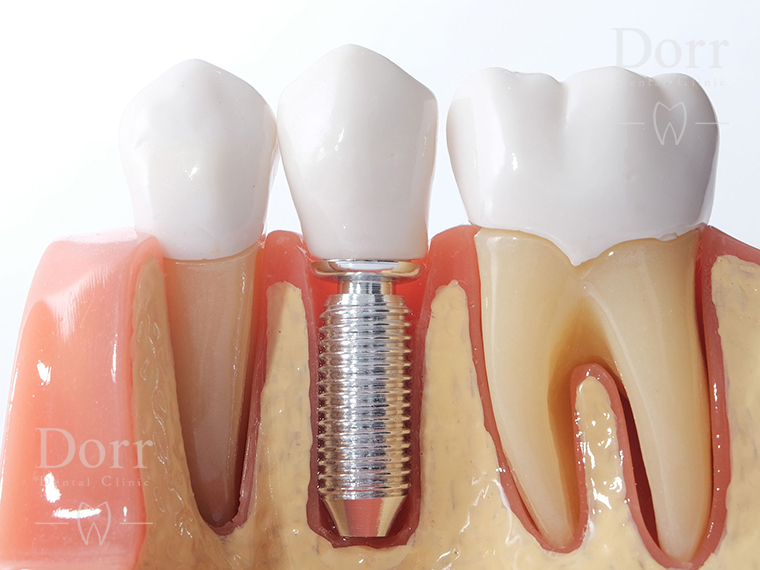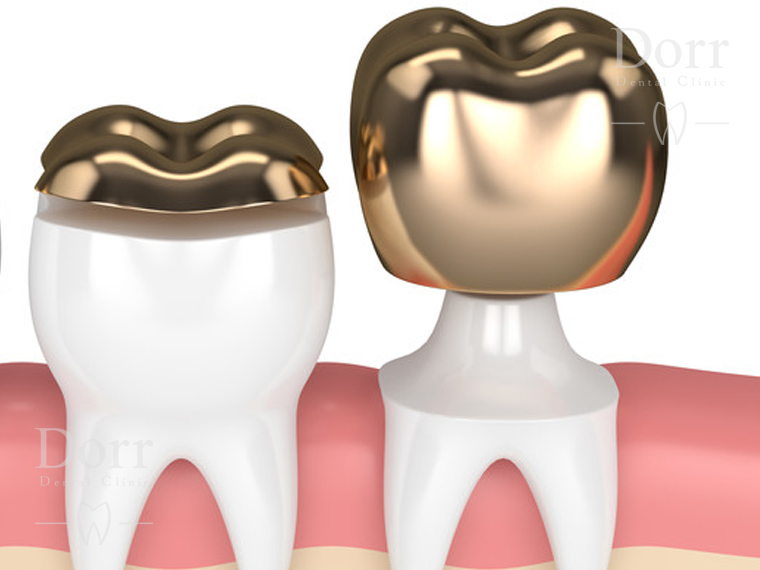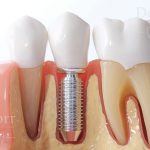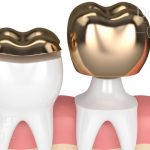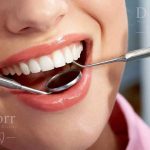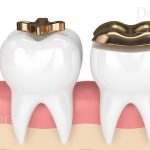

Dental veneers are thin shells, custom made of tooth colored porcelain or composite resin that cover over tooth surface to improve dental issues such as worn tooth enamel, misalignment and space between teeth, discoloration, chips or cracks.
Tooth veneer is a cosmetic dentistry subgroup because it provides you a bright and withe smile with aligned and pretty teeth. Tooth veneer also protect the surface of damaged tooth and consequently no need more extensive treatments. High resistance and creating beautiful smile is another advantages of dental veneers. Some types of dental veneers don’t need preparation of underlying teeth.
Regardless factors which causes bad tooth appearance, veneers can improve all or most of the tooth cosmetic problems; including:
- Worn enamel: Tooth enamel (strong and clear substance which cover your tooth) may become discolored, rubbed and worn over the time.
- Wear and tear: By ageing, teeth naturally will be worn-down and more likely can chips, cracks and generally creating inappropriate appearance.
- Genetic: Some people are born with the abnormal spacing between their teeth that will get worse with age.
- Uneven teeth: This can cause by grinding or gnashing of teeth.
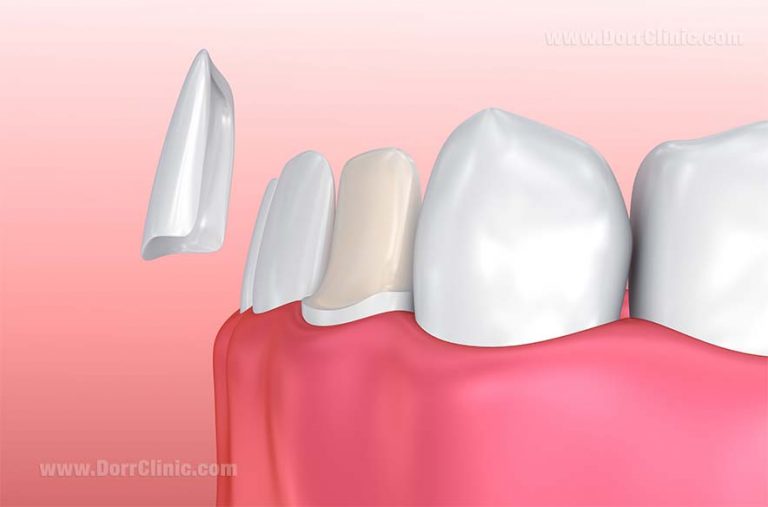
Types of dental veneer
Dental veneers are mostly made from percaline or composite resin. According to ADA, wearing percaline is more time consuming compare to composite resin. The dentist removes a bit of dental enamel as a sample and then sent to the laboratory in order to design the veneers. This may take several days and usually take time until the next appointment. However, composite resin veneers may be sculpted as preparation and correcting the damaged tooth in the dentist office. Finally, all dental veneer will bond to the tooth by resin cements. Both veneer have different advantages. On the contrary of percaline veneer, composite resin veneer need less enamel removal, are cheaper, can be applied in one session and are easily treatable in case of any damage. On the other hand, percaline veneer is strong and resilient, do not easily stain, looks more natural and needs less enamel removal than crowns or caps.
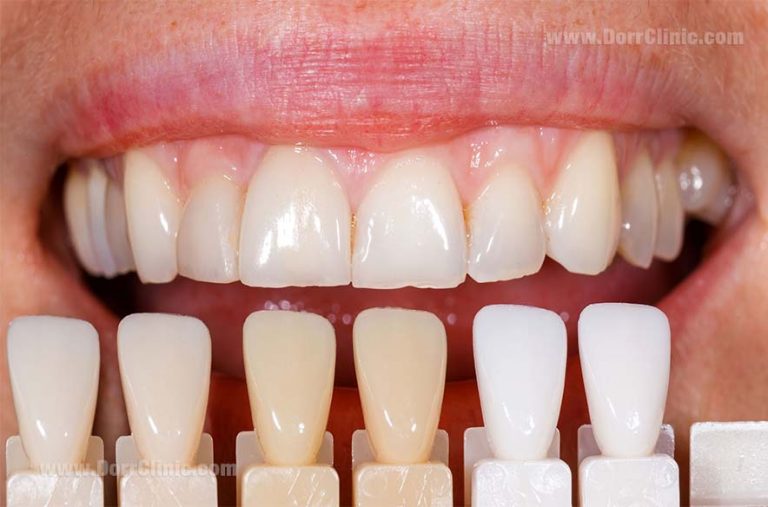
Dental veneer advantages
- Provide beautiful and natural appearance
- Gum tissue bears the proclaim well
- Proclaim veneer are stain resistant
- The color of a porcelain veneer can be selected such that it makes dark teeth appear whiter
- Dental veneer has conservative method for changing a tooth’s color and form because veneer generally don’t need the wide shaping prior to the procedure that crowns do, yet offer a stronger, more aesthetic alternative.
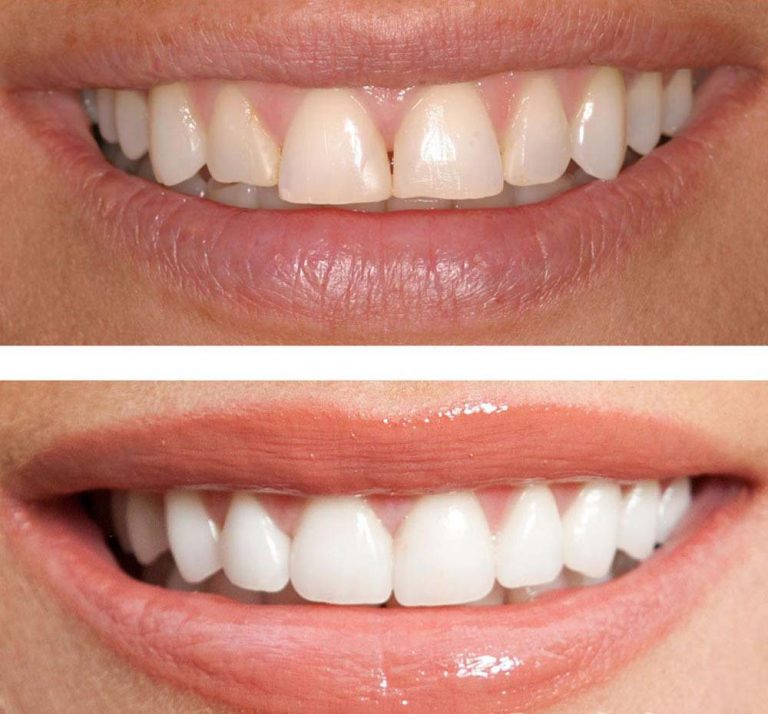
Dental veneer disadvantages
- It is an irreversible procedure
- Veneers are more expensive compare to the resin composite bonding
- It is not amendable if they chip or crack
- Teeth may become sensitive to hot and cold food because of tooth enamel removal
- Veneers may not exactly have same color as your tooth, also veneer’s color is not changeable after wearing on tooth. If you would like to white your tooth, you should do this before getting veneer
- Although there is low risk for tooth dislodging and loosing but it is possible. To minimize the chance of this happening, you should avoid things that makes pressure on veneer such as: bite your nails, chew on pencils, ice or other hard objects.
- There is possibility of decay for dental veneer so teeth may need full coverage
- Veneers are not good options for people with unhealthy teeth (such as tooth decay and periodontal disease), weakened teeth (because of decay, fracture, vast dental filling) or people who have lost vast amount of dental mineral.
- People who clench and grind their teeth are not good candidate for porcelain veneer because these activities may cause veneer to crack or chip.
Cleaning and maintaining dental veneers
Cleaning dental veneer is same as caring natural teeth. Brushing and flossing is necessary for observing oral hygiene. Use of appropriate tooth paste. Keep in your mind that your dentist is your friend and help you to keep your mouth healthy. Arrange regular tooth cleaning in your daily schedule and ask your dentist about different products that are useful to protect veneers. Your dentist should answer your question regarding: what is dental veneer? Do the dental veneer is right for me?
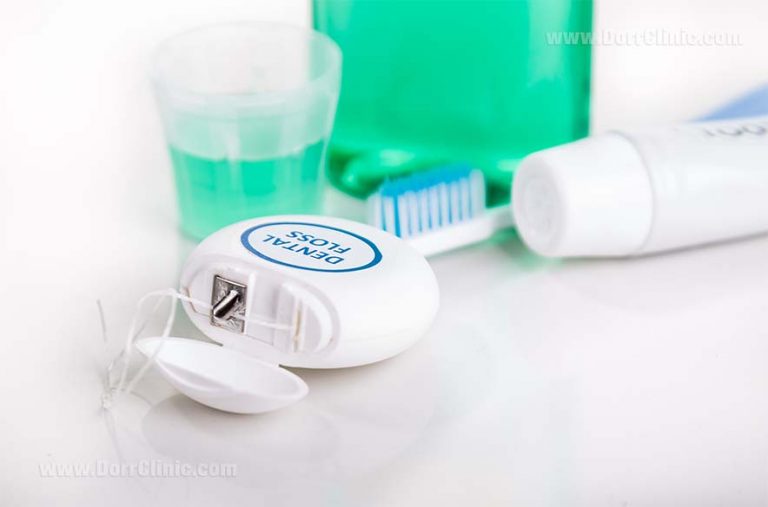
How long do dental veneers last?
Generally, Veneer last between 7 to 15 years, after that the veneer should be replaced.
Ask from the doctor

